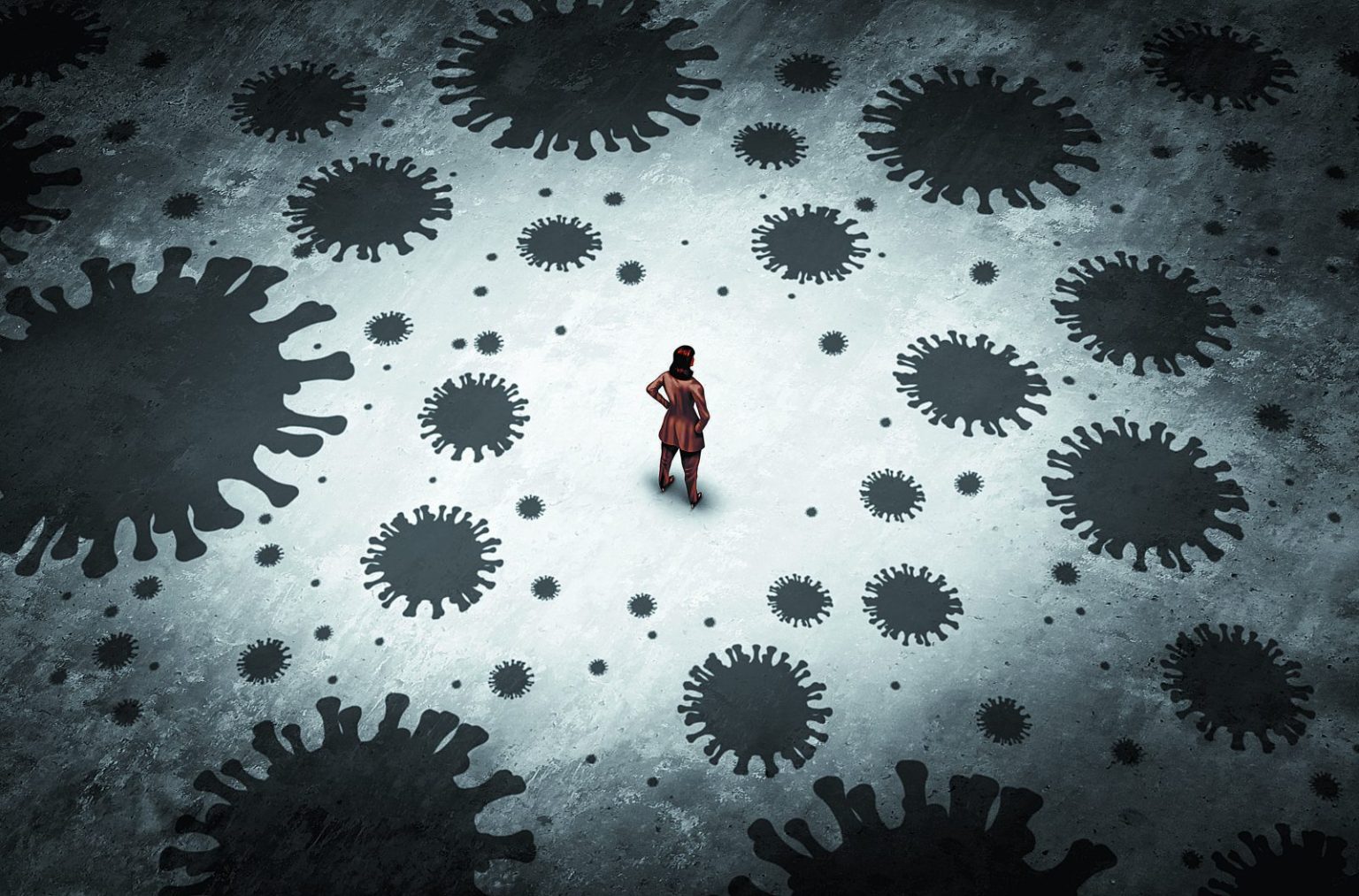The COVID-19 pandemic may have left a deeper mark on humanity than previously thought, according to new research showing it accelerated brain aging across the global population.
A study by the University of Nottingham, led by Greek professor of Computational Neuroimaging Stamatis Sotiropoulos and published in Nature Communications, found that the pandemic’s impact went beyond those infected with SARS-CoV-2. Brain scans revealed structural changes equivalent to an average of 5.5 months of accelerated aging, even in people who never tested positive for the virus.
The findings were based on MRI scans from 1,000 adults in the UK Biobank, a large biomedical database. Researchers trained a machine-learning model using brain images from around 15,000 healthy individuals to estimate “brain age.” This allowed them to compare scans taken before and after the pandemic.
Two participant groups were examined: one with two pre-pandemic brain scans and another with one pre-pandemic and one post-pandemic scan. The latter group showed faster brain aging, regardless of infection status.
Professor Sotiropoulos explained that this may be the result of the pandemic’s indirect effects — chronic stress, social isolation, reduced physical activity, and overall decreased well-being. Certain groups appeared more vulnerable, including older adults, men, and people with lower socioeconomic status.
Interestingly, only participants who had contracted COVID-19 displayed measurable declines in cognitive performance, such as slower information processing and reduced mental flexibility. While the rate of brain aging was similar between infected and non-infected individuals, the infection itself may have triggered additional inflammatory and vascular changes that caused symptoms.
It is still unclear whether these brain changes are reversible. Long-term follow-up scans from the UK Biobank are expected to provide answers in the coming years.
“The study is a reminder that our brain health is shaped not only by infections but also by the environments and stresses we are exposed to,” Sotiropoulos said.

